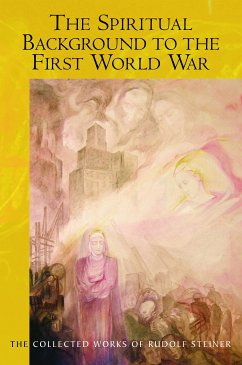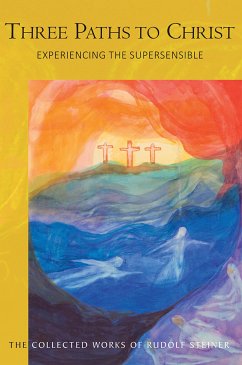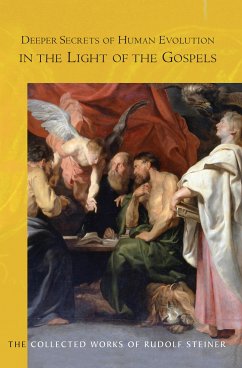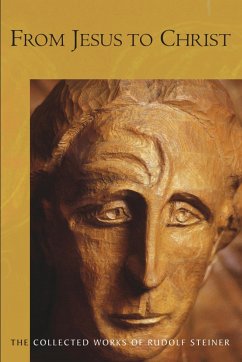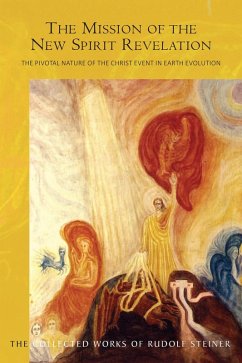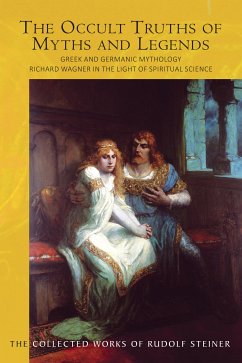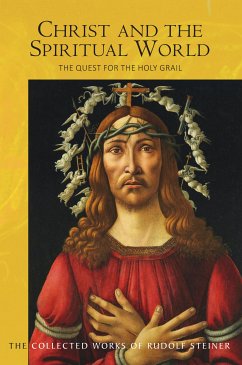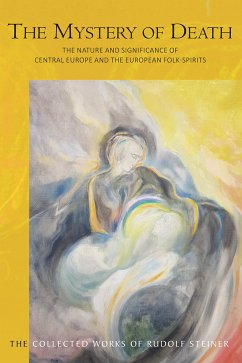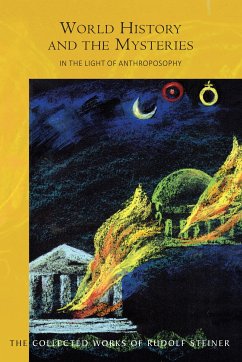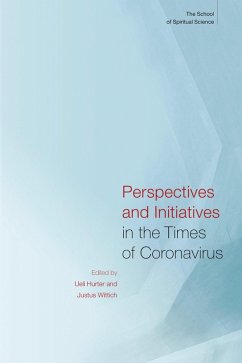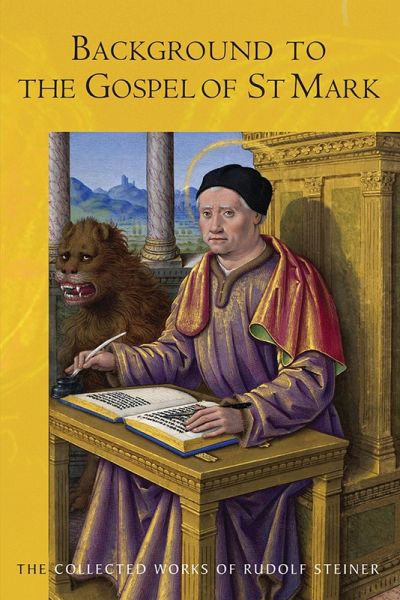
Background to the Gospel of St Mark (eBook, ePUB)
Versandkostenfrei!
Sofort per Download lieferbar
15,59 €
inkl. MwSt.
Weitere Ausgaben:

PAYBACK Punkte
0 °P sammeln!
'Christianity was bound at first to be a matter of faith and is only now beginning, very gradually, to be a matter of knowledge.' - Rudolf SteinerRudolf Steiner gave 70 lectures on the four canonical Gospels, characterizing the distinctive contribution of each of the evangelists. The Gospel of Mark is a 'cosmic' text that calls for an astronomical as well as a human reading. It is also critical for understanding the evolution of Christianity, which depends on knowledge of 'the Mystery of Golgotha' (Christ's crucifixion, resurrection and ascension). 'We are only at the beginning of Christian ev...
'Christianity was bound at first to be a matter of faith and is only now beginning, very gradually, to be a matter of knowledge.' - Rudolf SteinerRudolf Steiner gave 70 lectures on the four canonical Gospels, characterizing the distinctive contribution of each of the evangelists. The Gospel of Mark is a 'cosmic' text that calls for an astronomical as well as a human reading. It is also critical for understanding the evolution of Christianity, which depends on knowledge of 'the Mystery of Golgotha' (Christ's crucifixion, resurrection and ascension). 'We are only at the beginning of Christian evolution', Steiner states, reiterating that its further development will depend on spiritual knowledge. In order to develop such cognition, 'most important of all is reverence for the great truths and the feeling that we can approach them only with awe and veneration'. Many profound spiritual truths are indeed revealed in these lectures. Among the panoply of topics covered are: 'Mystery Teachings in St Mark's Gospel'; 'The Son of God and the Son of Man'; 'The Symbolic Language of the Macrocosm'; 'The Moon-religion of Yahweh' and 'The Penetration of the Buddha-Mercury Stream into Rosicrucianism'. This thoroughly revised edition includes notes and appendices by Frederick Amrine and an extensive introduction by Robert McDermott.Thirteen lectures, various cities, Oct. 1910-Jun. 1911, GA 124
Dieser Download kann aus rechtlichen Gründen nur mit Rechnungsadresse in A, B, BG, CY, CZ, D, DK, EW, E, FIN, F, GR, H, IRL, I, LT, L, LR, M, NL, PL, P, R, S, SLO, SK ausgeliefert werden.





